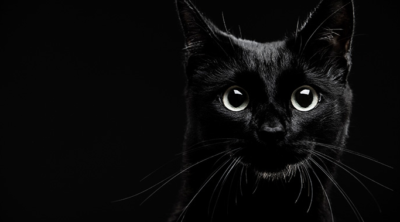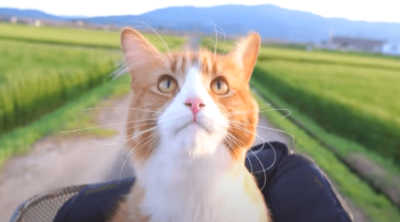
Feline kidney disease can be either chronic or acute. In chronic renal failure, the function of the kidneys deteriorate slowly, whereas in acute renal failure the onset is sudden and marked by rapid reduction in kidney function.
Feline kidney disease is a condition in which the kidneys are inefficient to perform their function of filtering the blood. In this condition the kidneys are no longer able to effectively remove waste products from the blood. Thus, the process of blood purification takes a backseat due to poor kidney function. Kidney stones, infection of the kidneys, high blood pressure, and trauma that damages the kidneys are some of the most common causes of acute and chronic renal failure.
Types
Acute Renal Failure
This condition occurs suddenly and the kidneys rapidly lose their ability to function properly. As a result, the kidneys may suddenly stop working. When the cats are exposed to ethylene glycol (anti-freeze), it often leads to acute renal failure. Immediate medical treatment is a must to restore the normal functioning of the kidneys. Acute renal failure is life-threatening, hence it is essential to take the cat to the veterinarian at once.
Chronic Renal Failure
Chronic renal failure is typically marked by gradual decline in kidney function. Symptoms will be noticed only when 70% of the functioning capacity of the kidneys is lost. This is a common condition encountered in older cats. Drugs like NSAIDs and certain antibiotics can also interfere with kidney function, which may eventually lead to chronic renal failure.
Symptoms
- Increased thirst
- Drastic changes in bladder habits (the cat urinates frequently)
- Blood in the urine
- Vomiting
- Diarrhea
- Loss of appetite
- Bad breath (it often smells like ammonia)
- Constipation
- Dehydration
- Unexplained weight loss
- Lethargy
- Depression
- Poor hair coat
Treatment
Diet: Veterinarians recommend a therapeutic diet and fluid therapy to improve the cat’s health. A diet low in sodium, protein and phosphorus are commonly prescribed for cats suffering from this condition. It is essential that the diseased cat drinks a lot of freshwater daily.
Medication: Oral medicines (epogen shots) are given to remove the impurities in the blood. This is essential as the kidneys cannot filter the blood properly. Veterinarians may also prescribe certain medications to tackle health issues such as anemia or hypertension.
Subcutaneous Fluids: Severely dehydrated cats are administered fluids through a catheter (tube) connected to an injection, which is inserted into the cat’s skin. This is an effective treatment, as it flushes harmful substances out of the kidneys. Administering fluids in this way re-hydrates the cat in a short time.
Hemodialysis: In this method, a machine is used to filter the blood as the kidneys are not working properly. This form of treatment is expensive and the equipment to carry out the procedure is found only in large clinics.
Kidney Transplant: This is the last resort that is used when conventional treatment fails to resolve the problem. A kidney transplant is a costly option, and usually not recommended for older cats.
Disclaimer: The information provided in this article is solely for educating the reader. It is not intended to be a substitute for the advice of a veterinarian.


